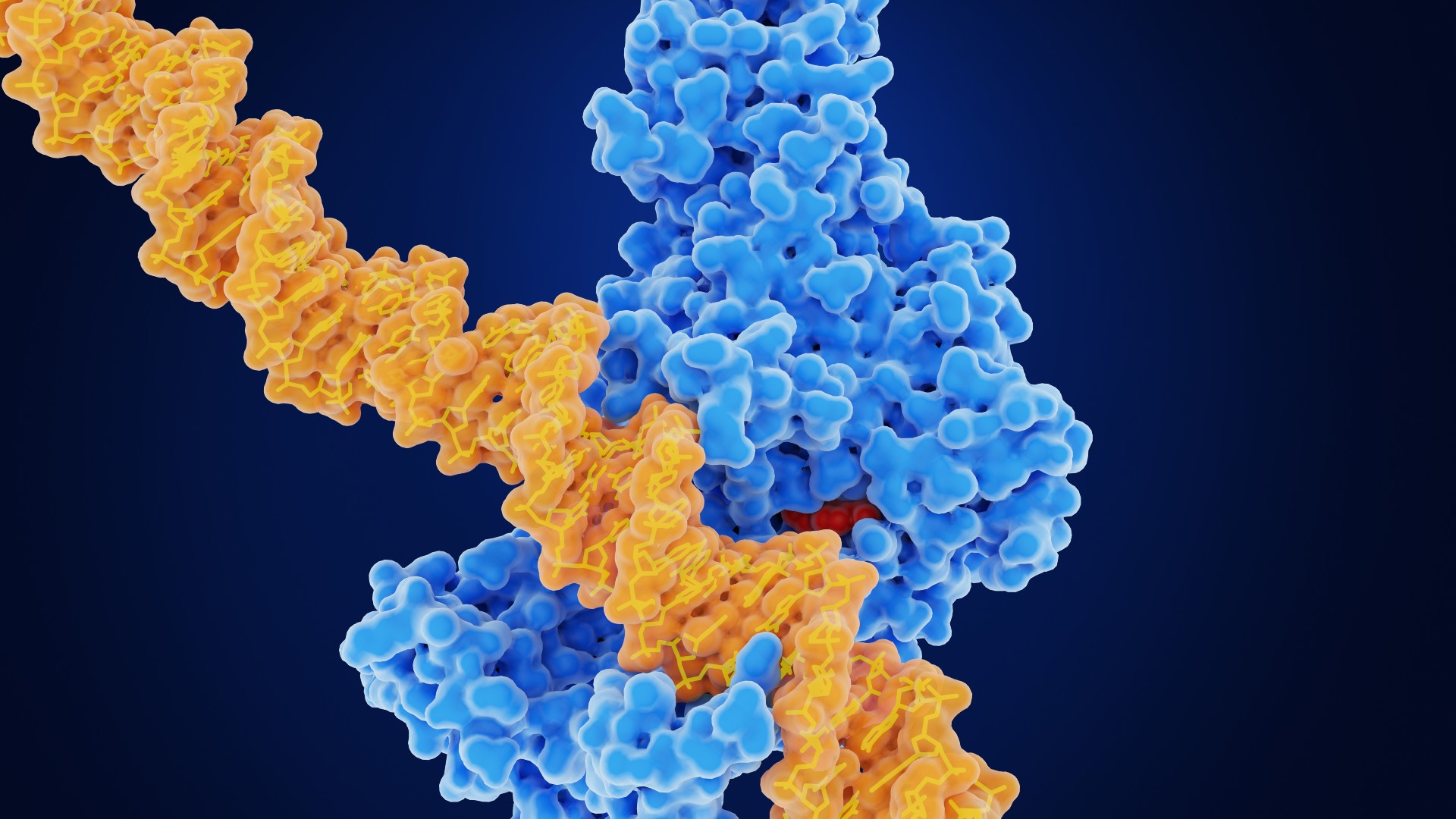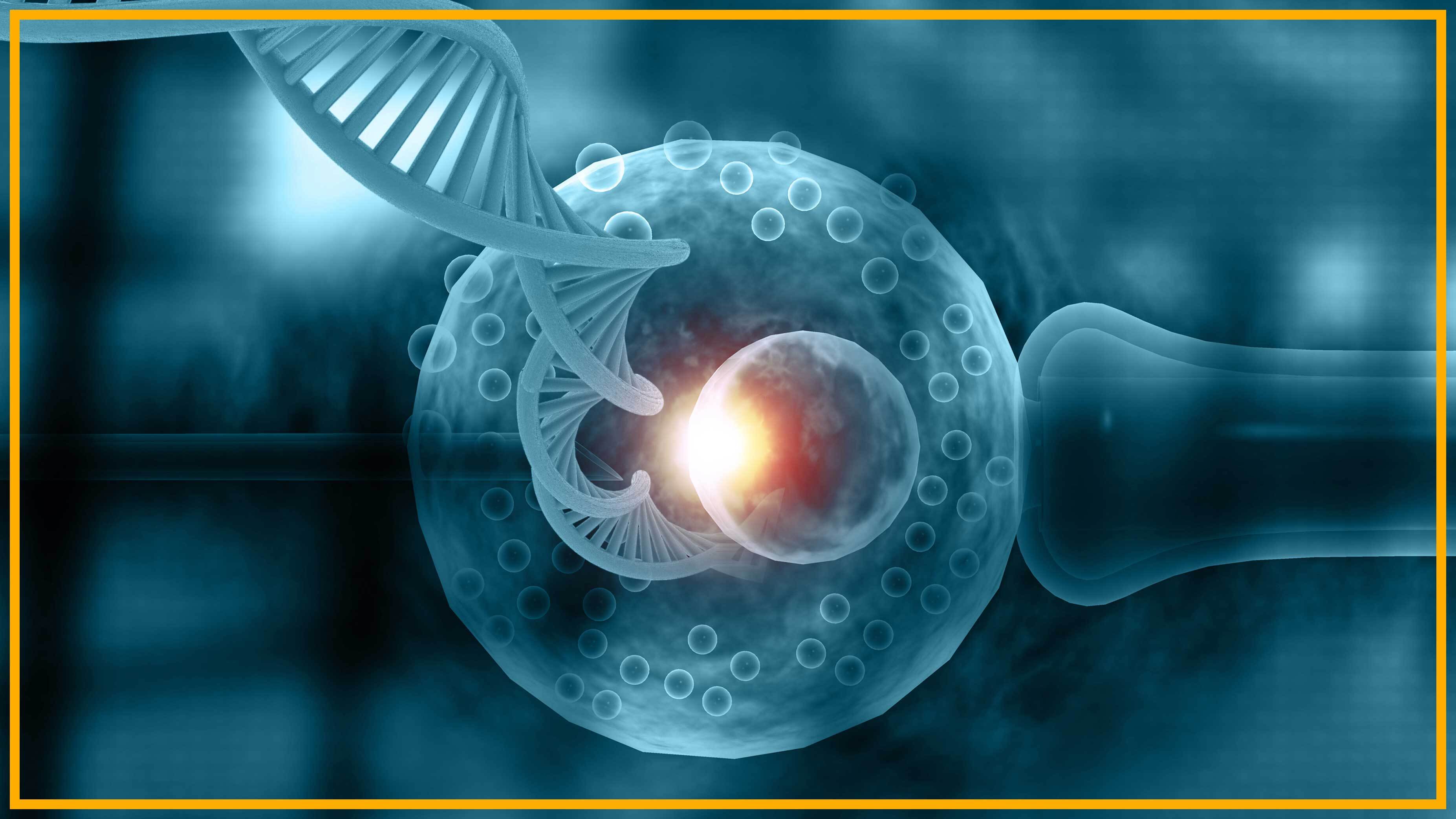Sped-up 'biological aging' linked to worse memory
A new study suggests that a person's epigenetic "clock" may be a better predictor of how much their memory function has declined over time than their actual age.
Get the world’s most fascinating discoveries delivered straight to your inbox.
You are now subscribed
Your newsletter sign-up was successful
Want to add more newsletters?

Delivered Daily
Daily Newsletter
Sign up for the latest discoveries, groundbreaking research and fascinating breakthroughs that impact you and the wider world direct to your inbox.

Once a week
Life's Little Mysteries
Feed your curiosity with an exclusive mystery every week, solved with science and delivered direct to your inbox before it's seen anywhere else.

Once a week
How It Works
Sign up to our free science & technology newsletter for your weekly fix of fascinating articles, quick quizzes, amazing images, and more

Delivered daily
Space.com Newsletter
Breaking space news, the latest updates on rocket launches, skywatching events and more!

Once a month
Watch This Space
Sign up to our monthly entertainment newsletter to keep up with all our coverage of the latest sci-fi and space movies, tv shows, games and books.

Once a week
Night Sky This Week
Discover this week's must-see night sky events, moon phases, and stunning astrophotos. Sign up for our skywatching newsletter and explore the universe with us!
Join the club
Get full access to premium articles, exclusive features and a growing list of member rewards.
An internal "clock" attached to a person's DNA may be a better predictor of age-related memory decline than their actual, chronological age, a new study suggests.
As people age, they tend to gradually lose the ability to process information and retain memories. How quickly and to what extent this happens differs between individuals, meaning that simply looking at a person's chronological age is not enough to predict these changes.
An alternative way to measure aging is to look at chemical tags that latch onto DNA and alter how genes are expressed, without changing the underlying genetic code. Called "epigenetic aging," the addition of these chemical tags happens over time and can be influenced by a person's behavior and environment, differing depending on their stress and diet, for example.
In the new study, published Monday (Oct. 30) in the Journals of Gerontology: Series A, scientists measured the epigenetic "clocks" of 142 adults who were aged between 25 and 65 years old, before asking them to complete daily memory tests on their phones. The authors found that the volunteers' epigenetic ages better reflected how they differed from each other in their cognitive performance than their chronological ages did. The epigenetic ages also captured how each person's performance varied over a short period of time.
Related: Scientists find 10 'markers' in blood that predict people's chances of reaching 100
"The study is the first of its kind, to our knowledge, that has examined how these epigenetic aging clocks predict in daily life how well people remember and how quickly they perform mental tasks," senior study author Stacey Scott, an associate professor of psychology at Stony Brook University in New York, told Live Science in an email.
"Previous studies have found this pattern when testing people in the laboratory, but this hasn't been done in everyday life," she said.
Get the world’s most fascinating discoveries delivered straight to your inbox.
To determine the volunteers' epigenetic ages, the researchers looked across their genomes for patterns of DNA methylation — a type of epigenetic modification where molecules called methyl groups stick to DNA. Individuals' epigenetic ages were deemed to be "older" or "younger" depending on methylation levels at key spots in the genome that are known to vary with age.
The researchers then asked the volunteers to complete daily tests that assessed working memory, meaning their ability to temporarily retain small bits of information and use it to complete tasks, as well as their processing speed, or how long it took them to react to and complete the next round of the test.
On average, the volunteers completed around 60 tasks in the two-week study period.
"Because we had people complete these 'brain games' assessments many times," the team was able to examine not only the participants' typical performance but also find out how consistent they were in their scores, Scott said.
On average, the authors found that people whose epigenetic age was judged as older than their chronological age performed worse in both the processing speed and working memory tasks than those whose epigenetic age matched or was younger than their true age. (Perhaps unsurprisingly, chronologically younger people also performed better in the tasks than older volunteers.)
The performance of those with relatively old epigenetic ages was also less consistent between tasks compared with the other volunteers, suggesting that epigenetic age could be a better predictor of memory function than chronological age.
Further research will be needed to assess how epigenetic age relates to longer term changes in cognitive performance, as well as determine which parts of the aging process these chemical markers reflect, the authors wrote in the paper. Going forward, they'd also like to investigate other measures of cognitive ability and types of epigenetic modifications beyond methyl groups.
Ever wonder why some people build muscle more easily than others or why freckles come out in the sun? Send us your questions about how the human body works to community@livescience.com with the subject line "Health Desk Q," and you may see your question answered on the website!

Emily is a health news writer based in London, United Kingdom. She holds a bachelor's degree in biology from Durham University and a master's degree in clinical and therapeutic neuroscience from Oxford University. She has worked in science communication, medical writing and as a local news reporter while undertaking NCTJ journalism training with News Associates. In 2018, she was named one of MHP Communications' 30 journalists to watch under 30.
 Live Science Plus
Live Science Plus











